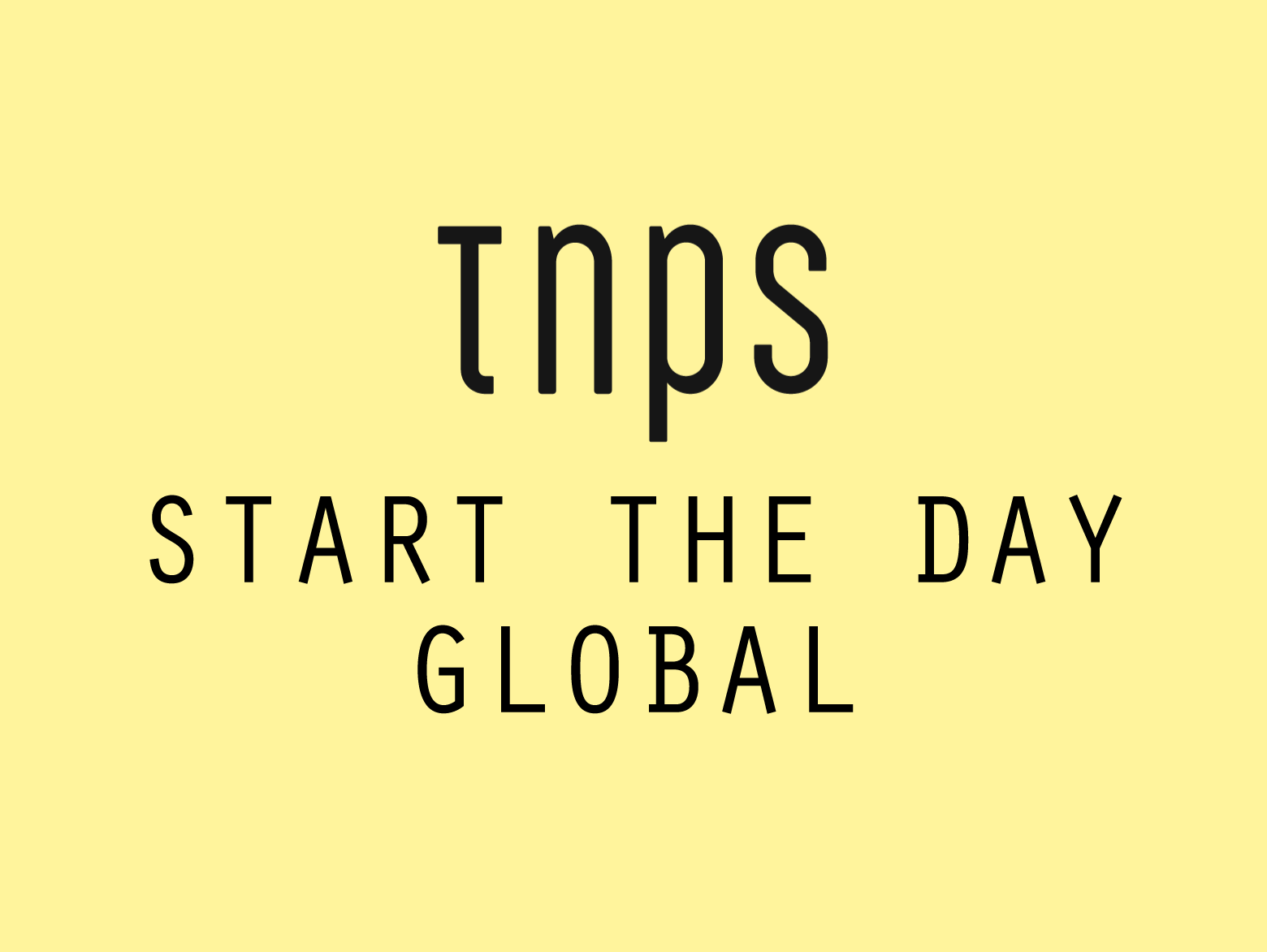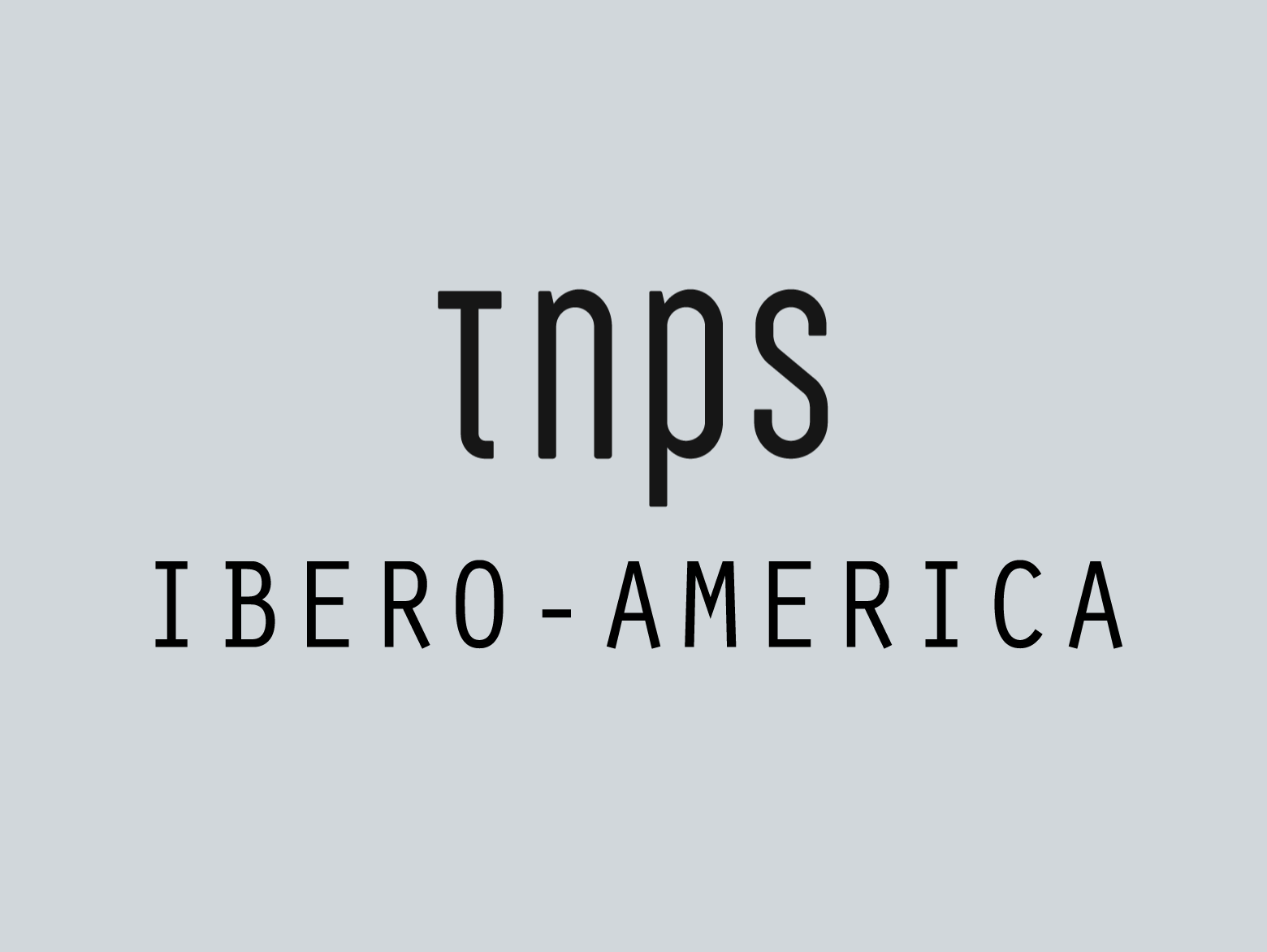Table of Contents
There’s so much happening in publishing right now it’s impossible to keep on top of it all, but some stories are too good to pass by without at least a quick mention here at The New Publishing Standard.
Here’s three of the best from my last browsing session.
Hey, Amazon. Where’s the new Kindle?
Amazon held a new hardware event this week, and amid lots of fancy gadgets for the man who wants to think he has everything there was not a Kindle device to be seen.
Has Amazon finally given up on the Kindle device range? Not a bit of it says Michael Kozlowski at GoodEreader, in a post titled “This is why Amazon did not release a new Kindle yesterday.”
You see, it’s all about need. Amazon doesn’t need to advertise its Kindles anymore, and if it did it wouldn’t invite us grotty industry reporters to the event anyway. Or so reasons Kozlowski.
Have a box of tissues at hand and cue the violins.
“Amazon ceased inviting the media to checkout their e-readers in 2012 when they had their last Kindle exclusive event. Every few years when they release a model not seen before, they invite local media like the Seattle Times and various Amazon friendly reporters to check it out. The mainstream blogs like Good e-Reader, Verge and Engadget are not invited.”
Linked to the full story from Kozlowski here.
Facebook – The tail that wags the dog.
Digiday this week referenced two reports that suggest Facebook has lost its crown as a source of referral traffic to publishers (here using the term “publishers” in its broadest sense).
“For all the steps Facebook has taken to support publishers, two new reports offer a stark reminder of who’s really in charge. Parse.ly data shows that across its 2,500-site network, Facebook declined as a source of referral traffic to publishers, with Google surpassing the social network to become the biggest referrer. Social analytics firm BuzzSumo, meanwhile, reported that Facebook engagement across 880 million posts from publishers and brands fell 20 percent since January.”
Ouch!
This will come as no surprise to SME publishers and indie authors. The indie blogs are alive with reports of diminishing returns from Facebook. Although – and this may be anecdotal but is worth bearing in mind for future discussion – the big slowdown seems to be with engagement in the Anglophone world. Elsewhere publishers seem to be still faring well with Facebook.
Digiday looked at the usual suspects – algorithm changes, Facebook wanting us to pay more for ads, and the boom in video.
“The evidence for the video theory,” Digiday explains, “is that Facebook has encouraged publishers to make video for the platform, and video posts get more engagement than text posts. Facebook is throwing some money at publishers to create TV-like programs for its new tab, Watch, but publishers see this bounty as temporary.”
Ultimately publishers use Facebook to redirect consumers to their own sites or preferred retail outlets, whereas Facebook increasingly needs to keep consumers on Facebook if it is to make money itself.
“Even for publishers that pride themselves on being relatively independent of Facebook, the platform is the tail that wags the dog,” says Digiday, citing Condé Nast as an example.
Read the rest at Digiday here.
Of fake news and augmented realities.
Of course Facebook has lately had its share of problems with fake news and other scams, so maybe trust is also a problem.
Perhaps Facebook needs to bring its stories to life with augmented reality.
That’s what Condé Nast’s W Magazine did with its special September issue, says MediaShift.
“The magazine is ‘augmented reality-enabled,’ and by using a special app, readers can access special visual effects, including Katy Perry’s talking head on the magazine’s cover.”
AR is still very much at the novelty stage right now, but with some of the biggest names engaging (Jeff Bezos’s Washington Post, for example) this is an area that will grown and grow for savvy publishers looking to add value to their content.
Read more from MediaShift here.




